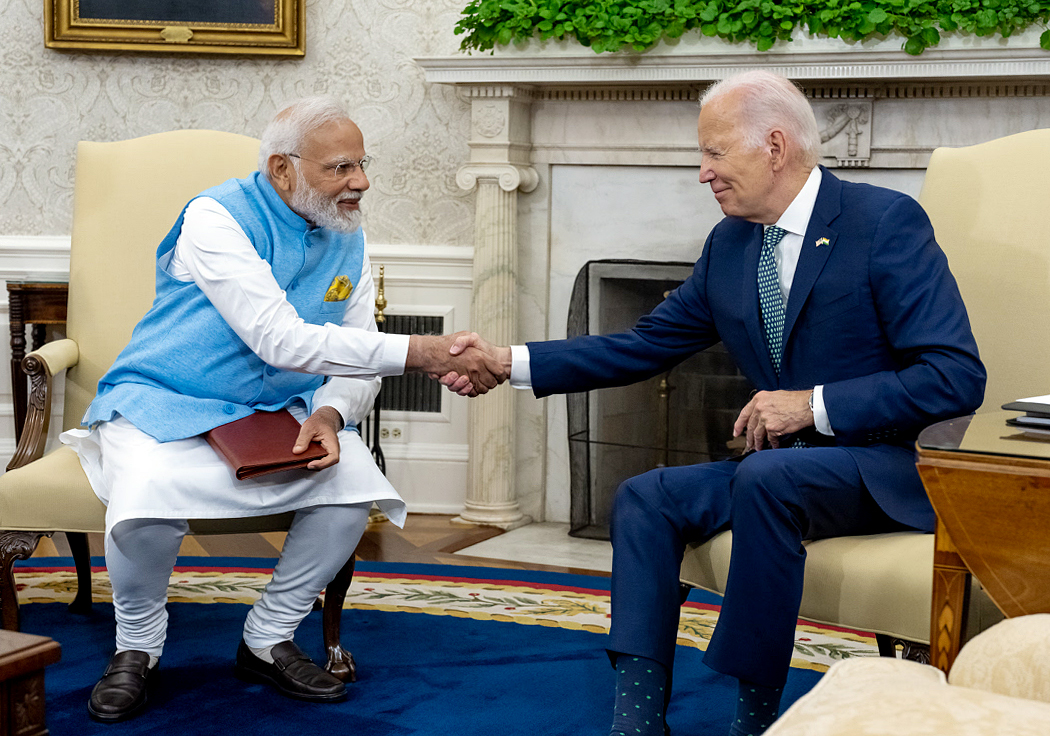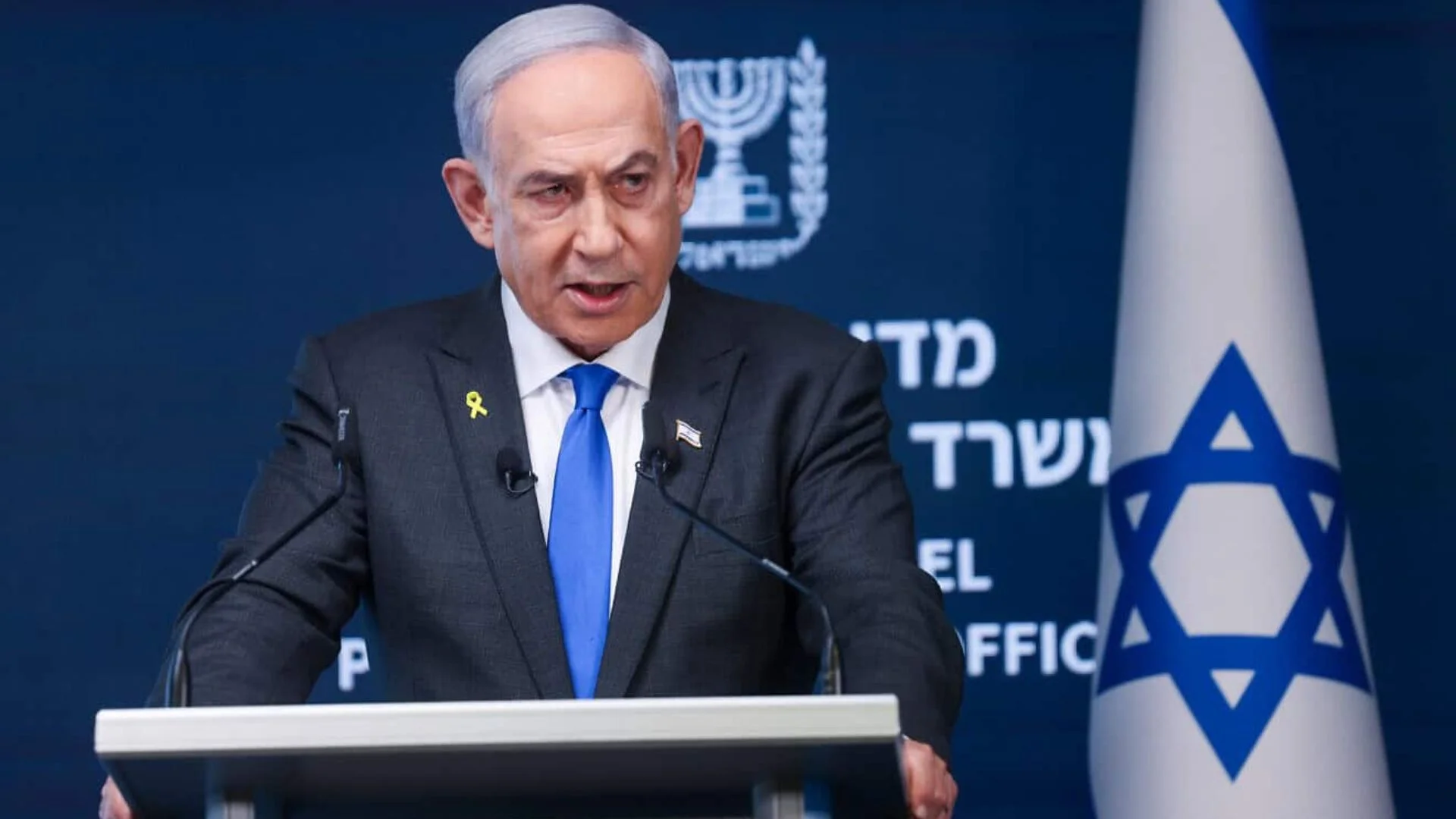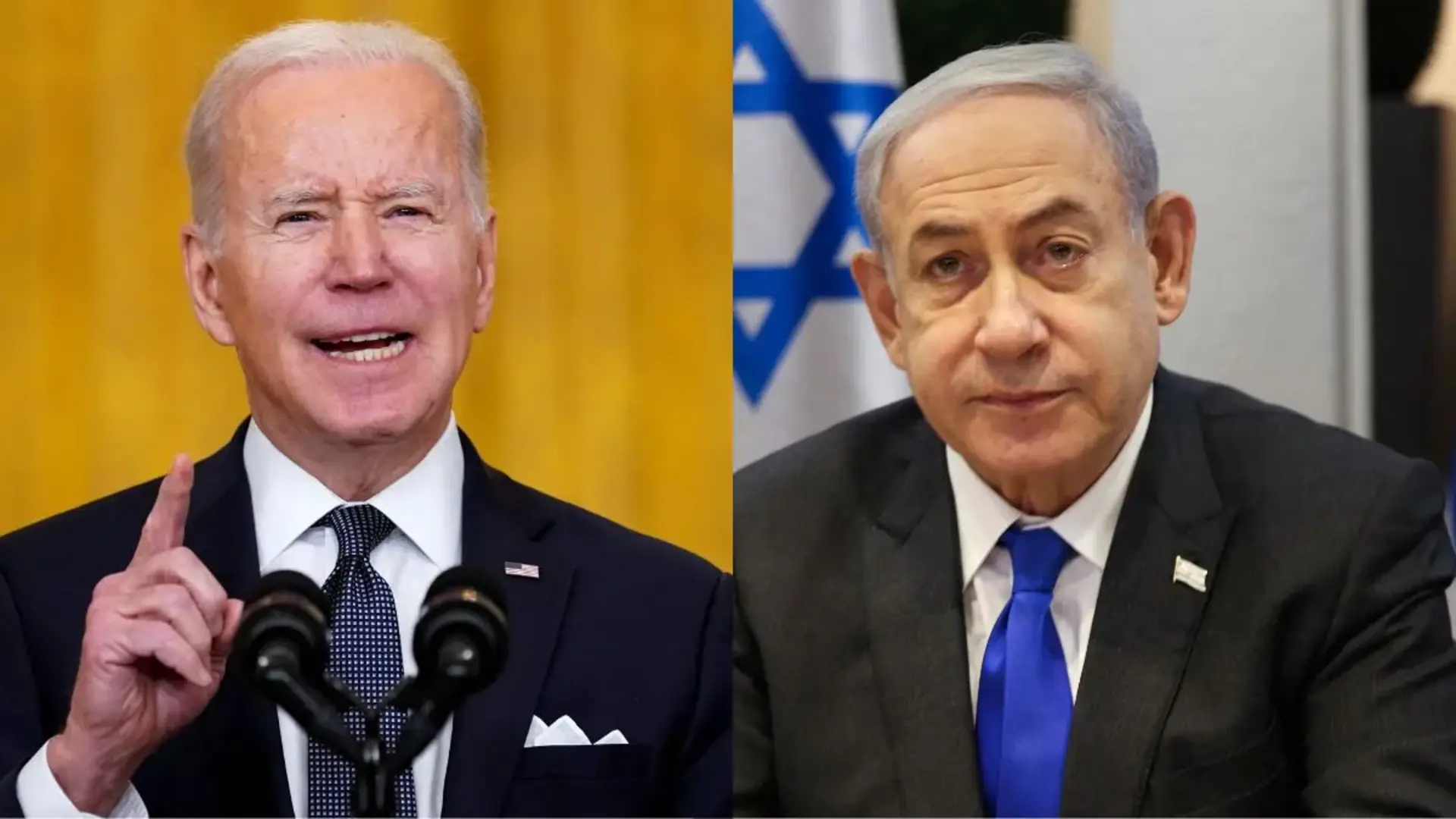
In an historic move to strengthen ties and promote shared technological advancements, the governments of India and the United States announced their commitment to broad-ranging cooperation during a meeting between Prime Minister Narendra Modi and President Joe Biden in the US. As detailed in a joint statement released on June 22, the partnership will focus on co-development and co-production opportunities across various advanced technology domains including semiconductor technology, 5G and 6G telecom networks, quantum and high-end computing.
The two nations signed multiple agreements designed to enhance bilateral commerce and technology transfer, while simultaneously bolstering a trusted network and supply chain ecosystem. Notably, a Memorandum of Understanding (MoU) on the Semiconductor Supply Chain and Innovation Partnership was hailed by both leaders as a significant step towards synchronising their countries’ semiconductor incentive programs.
The partnership also celebrates several major investments. Micron Technology, a global computer memory chip maker, will establish a semiconductor assembly and test facility in Gujarat with a $2.75 billion investment, creating up to 20,000 jobs over the next five years. Lam Research proposed to train 60,000 Indian engineers to boost India’s semiconductor education and workforce development, while Applied Materials Inc will invest $400 million to set up a collaborative engineering centre in India.
With the objective of creating secure, trusted telecommunications and resilient supply chains, two joint task forces focused on advanced telecommunications, particularly Open RAN and 5G/6G technologies, were launched by the two leaders. This public-private cooperation will be supported by India’s Bharat 6G Alliance and the U.S. Next G Alliance, with both markets participating in field trials, scaled deployments, and rollouts.
Recognizing the opportunities and risks associated with artificial intelligence (AI), both nations pledged to develop trustworthy and responsible AI collaborations that foster education, commercial opportunities, and counteract discrimination and bias. Furthermore, a joint Indo-US Quantum Coordination Mechanism was established to encourage collaborations across industry, academia, and government, fostering a comprehensive Quantum Information Science and Technology agreement between the two nations. In a bid to facilitate joint development and commercialization of AI and quantum technologies, the US-India Science and Technology Endowment fund will launch a $2 million grant program. The US, in its commitment to supporting India’s Center for Development of Advanced Computing, pledged its best efforts to facilitate its membership in the US Accelerated Data Analytics and Computing Institute.
Reiterating their commitment to cybersecurity, the two countries affirmed their dedication to an open, secure, inclusive, safe, interoperable, and reliable internet. They plan to share information about cyber threats and vulnerabilities and collaborate on responses to cyber incidents.
Prime Minister Modi’s visit, which included a state dinner with high-profile guests like Reliance Industries Chairman Mukesh Ambani, Microsoft CEO Satya Nadella, and Alphabet chief Sundar Pichai, was described as “path-breaking” by Foreign Secretary Vinay Kwatra.
Additionally, the visit addressed serious global challenges. In his address to the US Congress, Modi emphasised the continued threat of terrorism, urging a firm international response to sponsors and supporters of terrorism. This critical issue was discussed at length between Modi and Biden, with both leaders agreeing on the necessity of comprehensive cooperation to counter this ongoing menace.
In conclusion, the India-US summit marked a significant milestone in bilateral ties, setting a robust framework for shared technological advancements and security cooperation. The substantive outcomes, spanning from defence to space and energy, underline the breadth of this evolving partnership.















